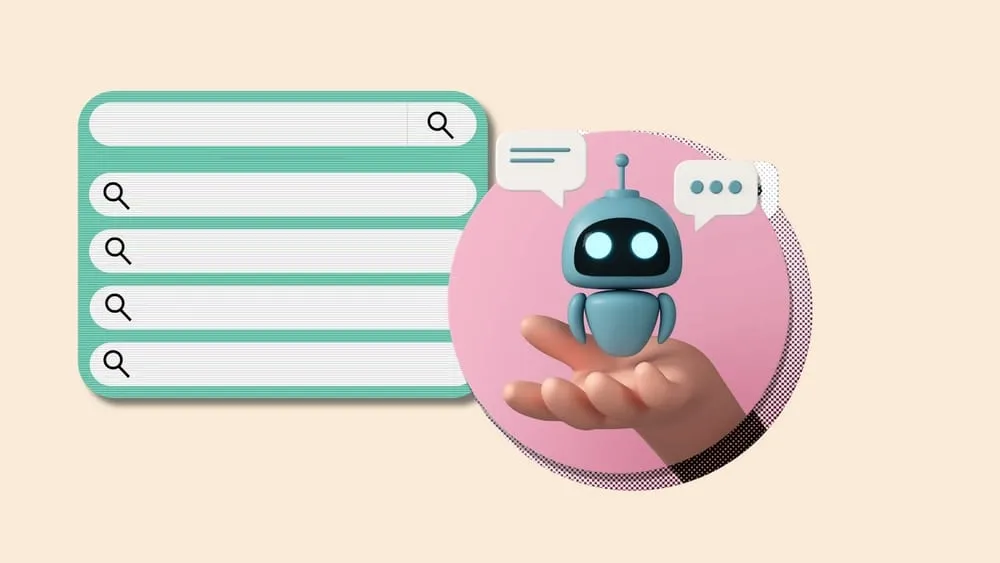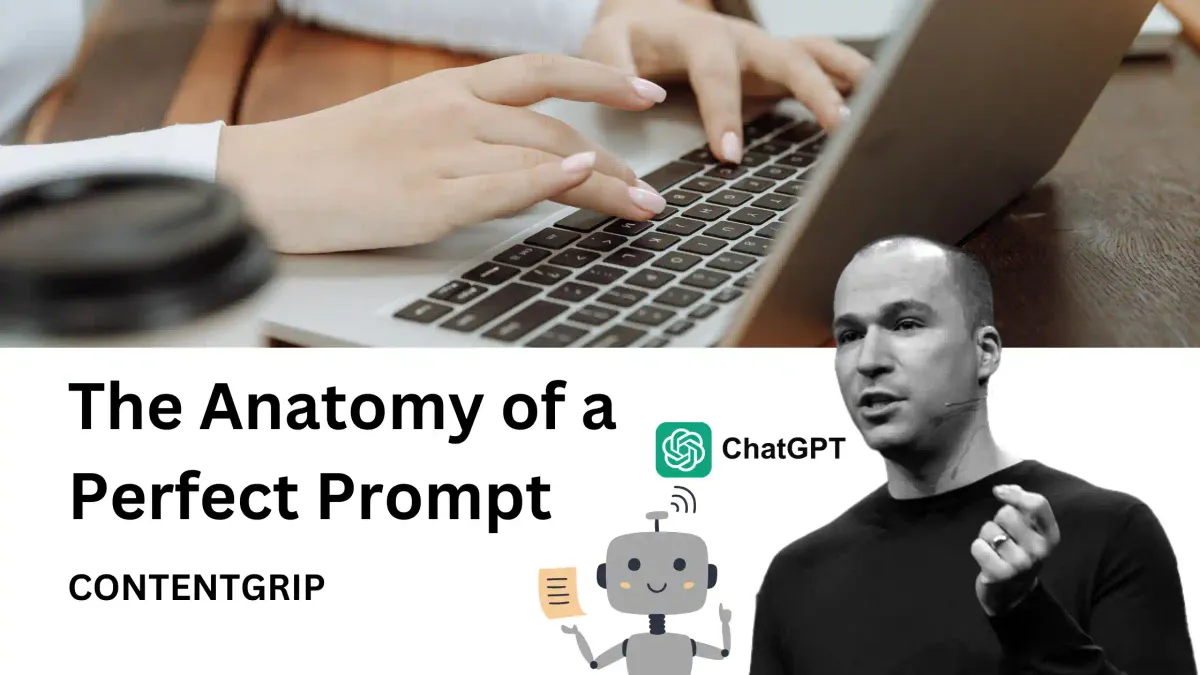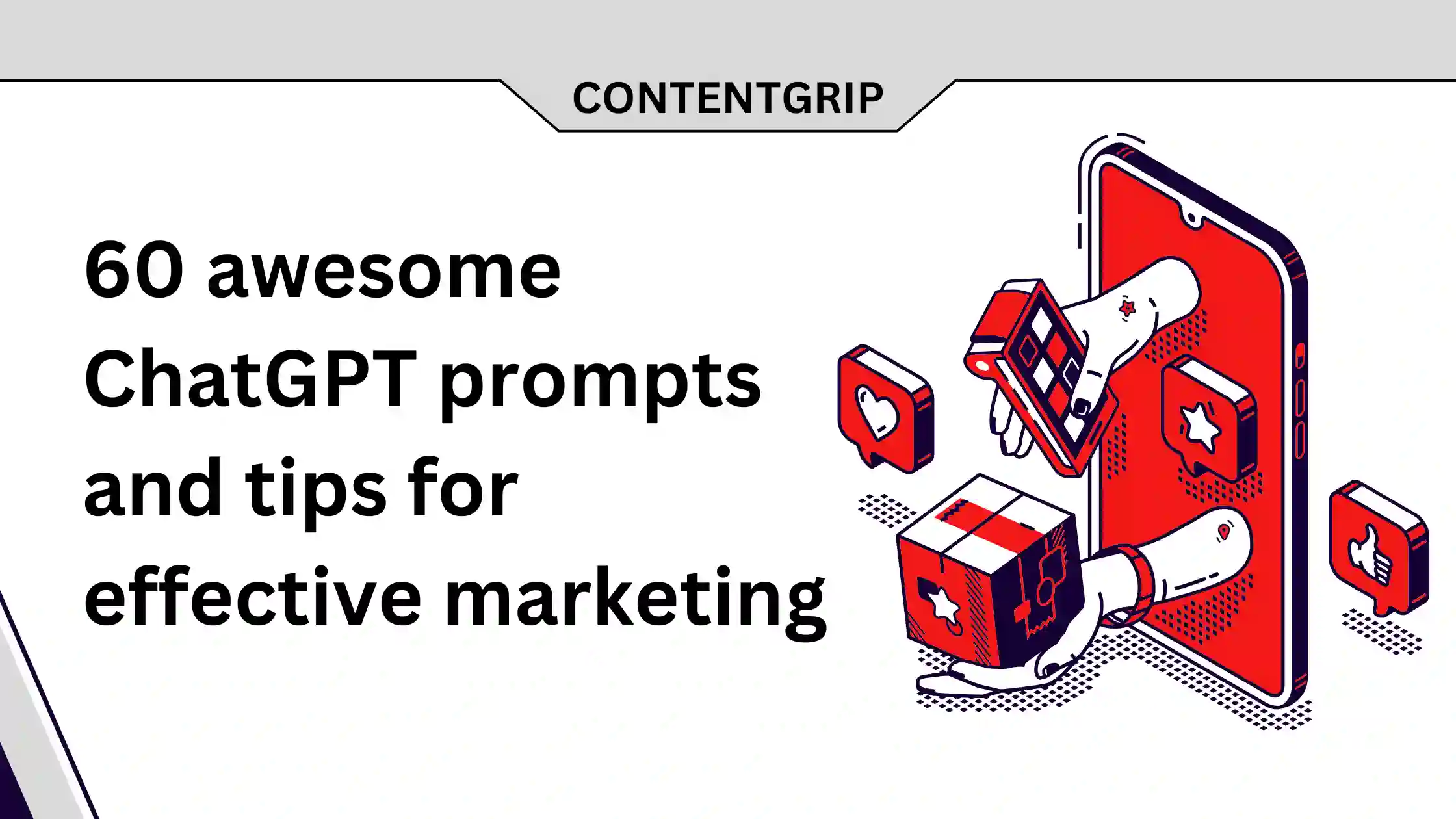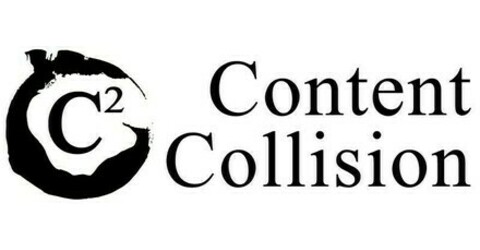How to get indexed by ChatGPT search
Want your content to be seen on ChatGPT search? Here’s how to get indexed and stay ahead on this fast-growing AI platform.

Imagine being able to ask questions and get direct, instant answers, all in a seamless, conversational flow. That’s what ChatGPT’s search feature now offers. By combining Bing’s search index with OpenAI’s AI-powered crawlers, ChatGPT is changing the way we find information online—providing users with quick answers and even letting them ask follow-up questions for more clarity.
ChatGPT's growth has been nothing short of impressive. As of February 2025, over 400 million people are using it weekly, a sharp jump from 300 million just a few months ago. In the U.S., about 77.2 million people are engaging with ChatGPT each month. This rapid rise shows just how quickly the platform is becoming a dominant player in the world of AI and search.
With its new search capabilities fully integrated, ChatGPT is set to give Google a run for its money. For marketers, this is a moment to take action. Now’s the time to get on this platform and start positioning your content for this new wave of search. Staying ahead of the game could mean keeping your brand visible as search habits shift in the coming years.
In this article, we’ll walk you through some effective tips and strategies to get your website indexed by ChatGPT. Plus, we’ll share some recommended tools to help you optimize your content and increase your chances of being seen in ChatGPT’s search results.
Short on time?
Here is a table of content for quick access:
- How to get your website indexed by ChatGPT search
- Benefits of getting indexed on ChatGPT search
- Recommended tools to help you get indexed

How to get your website indexed by ChatGPT search?
Based on insights from Search Engine Journal, here’s a guide to getting your website indexed by ChatGPT search.
1. Understanding ChatGPT's indexing process
ChatGPT search uses a blend of Bing’s search index and its own AI-powered crawlers to determine which web content to display.
The platform includes three primary crawlers:
- OAI-SearchBot for primary search functions,
- ChatGPT-User for real-time user interactions, and
- GPTBot for AI model training.
In technical terms, indexing is the process by which a search engine scans a website and stores relevant information for future retrieval. ChatGPT’s search engine, while pulling from Bing’s search index, makes its own indexing decisions through OpenAI’s crawlers. This allows it to reference content outside of Bing’s top results, broadening the range of sources for any given query.
For marketers, this means that while strong performance on Bing can help visibility in ChatGPT search, OpenAI’s indexing algorithms provide additional opportunities for content to surface.
2. How content appears in ChatGPT search
ChatGPT search results appear differently than traditional search engine listings. Rather than scrolling through multiple results pages, users receive a summarized answer with clickable links to source websites, allowing quick verification of information. ChatGPT may cite multiple sources in a single response, creating an opportunity for diverse content to gain visibility.
ChatGPT search also includes attributions and additional verification features, including sidebars that allow users to view and cross-reference multiple sources simultaneously. For marketers, this could mean that content is more easily accessible for users, even if it isn’t ranked highly on Bing or traditional search engines.
3. Implementing technical requirements for visibility
To increase the likelihood of getting indexed by ChatGPT, marketers should ensure their websites are properly configured for OpenAI’s crawlers.
Here are some technical steps to consider:
- Adjust robots.txt permissions: Allow OAI-SearchBot while setting separate permissions for other OpenAI crawlers.
- Optimize for Bing indexing: Since ChatGPT relies partly on Bing’s index, having your content well-ranked in Bing can enhance its chances of being pulled into ChatGPT search results.
- Ensure a clear site structure: A well-organized site helps both traditional and AI-powered crawlers, making it easier for ChatGPT’s systems to scan and index your content.
Remember that allowing OAI-SearchBot in your robots.txt file doesn’t automatically authorize content for AI model training; it simply enables indexing for search purposes. OpenAI’s system can take up to 24 hours to adjust to new crawling permissions, so regular reviews are recommended.
4. Content type considerations for ChatGPT search
Not all content types will have equal visibility on ChatGPT search. In particular, content that clearly addresses user questions and delivers straightforward answers tends to perform better. Here are some key considerations:
- Current and factually accurate content: ChatGPT prioritizes up-to-date information, so regular content updates can increase relevance.
- Content behind paywalls: ChatGPT can still reference paywalled content, though visibility may depend on specific permissions.
- Multiple citations from one domain: ChatGPT may cite multiple pages from the same website, which means that having multiple, highly relevant articles can enhance overall visibility.
By keeping content structured, relevant, and regularly updated, marketers can improve their chances of being cited by ChatGPT, which is particularly useful as user queries become more complex.
5. Focusing on user intent in content strategy
In line with modern SEO principles, ChatGPT search values content that addresses user intent. Unlike traditional search, where keywords and ranking strategies play a central role, ChatGPT’s conversational search benefits from clear, direct answers that satisfy user questions.
From ContentGrip’s perspective, brands should focus on creating content that answers specific questions and provides actionable insights, keeping in mind the user’s intent. By aligning content with these principles, brands can position themselves effectively across both traditional search engines and AI-powered search platforms like ChatGPT.
ChatGPT search reflects rapid advancements in AI technology and a shift in how users seek information. With ChatGPT poised to impact search behavior, brands that start aligning their content strategies now may benefit as user habits evolve.
By following these steps, marketers can build a strong presence on ChatGPT search and stay visible amid the ongoing transformation in digital search.

Benefits of getting indexed on ChatGPT search
Getting your content indexed by ChatGPT Search offers significant advantages, including increased visibility, enhanced user engagement, and alignment with evolving search behaviors.
- Enhanced visibility
As previously mentioned, ChatGPT’s user base has grown significantly, with over 400 million weekly active users worldwide as of February 2025. This rapid rise in engagement highlights the platform's growing influence in the search landscape. By getting your content indexed on ChatGPT, you can tap into this expansive and increasingly important audience, boosting your brand visibility in a fast-evolving digital space.
- Improved user engagement
ChatGPT's conversational interface provides direct, concise answers, reducing the need for users to sift through multiple links. This streamlined experience leads to higher user satisfaction and engagement. Users spend more time interacting with content that delivers immediate value, fostering a deeper connection with your brand.
- Alignment with evolving search behaviors
The integration of AI-driven search features like ChatGPT is reshaping user search habits. A survey by Evercore analysts found that 8% of respondents now use ChatGPT as their main search engine, up from 1% in June. This shift indicates a growing preference for conversational AI in information retrieval. Aligning your content with ChatGPT's search index positions your brand to meet users where they are, adapting to the future of search.
- Competitive advantage
As AI search platforms like ChatGPT gain prominence, traditional search engines face increased competition. Google, for instance, has observed shifts in user behavior, with some users gravitating towards AI-driven search experiences. Integrating your content into ChatGPT's search index allows you to tap into this emerging trend, ensuring your brand remains competitive in a changing digital landscape.
- Access to advanced AI features
ChatGPT's search functionality leverages advanced AI capabilities, providing users with personalized and contextually relevant search results. By having your content indexed, you benefit from these AI features, ensuring your content reaches users in a manner tailored to their preferences and needs.
Incorporating your content into ChatGPT's search index is a strategic move that aligns with current digital trends, offering increased visibility, enhanced user engagement, and a competitive edge in the evolving search landscape.
Recommended tools to help you get indexed on ChatGPT search
To improve your chances of getting indexed on ChatGPT, using the right tools to optimize your website for search engines is key. Below are some tools that can help streamline the process and boost your content’s visibility on ChatGPT:
- SEMrush
SEMrush is a comprehensive SEO tool that allows you to track your website's performance across multiple search engines, including Bing, which plays a role in ChatGPT’s search index. SEMrush can help optimize your website’s content, track keyword rankings, and ensure your content is discoverable by AI crawlers. By improving your site’s performance in Bing, you increase the chances of your content being indexed by ChatGPT.
Key features: Keyword tracking, competitor analysis, site audit, backlink tracking.
- Ahrefs
Ahrefs is another powerful SEO tool that helps you identify which pages on your site are most likely to be crawled and indexed by search engines. It helps you improve your site's internal linking, track backlinks, and optimize content for search engines. Since ChatGPT relies on Bing’s search index, having strong SEO on Bing with Ahrefs can increase your content’s chances of being indexed by ChatGPT.
Key features: Site explorer, keyword explorer, content gap analysis, backlink checker.
- Google Search Console
While primarily used for Google, Google Search Console provides insights that can help optimize your site structure, fix technical SEO issues, and track crawl errors. Optimizing for Google search can help your content rank better across all AI-powered search platforms, including ChatGPT.
Key features: Sitemap submission, crawling insights, mobile usability, keyword performance.
- Surfer SEO
Surfer SEO is an on-page optimization tool that can help structure your content for better indexing by search engines, including ChatGPT. It allows you to create SEO-friendly content by analyzing top-ranking pages and suggesting improvements in keyword density, content structure, and other SEO factors.
Key features: On-page SEO audit, keyword research, content analysis, SERP analyzer.
- Frase
Frase is an AI-powered content tool that helps create high-quality, SEO-optimized content that answers user queries effectively. Since ChatGPT prioritizes content that directly addresses user questions, Frase can help you craft content that is more likely to be indexed. Additionally, it integrates AI research features to ensure your content aligns with trending search topics.
Key features: AI writing assistant, content research, SEO recommendations, keyword analysis.
By leveraging these tools, brands can ensure their websites are well-optimized for both traditional and AI-powered search engines like ChatGPT, increasing the chances of getting indexed and boosting visibility.
Sources
- OpenAI. (2024, October 31). Introducing ChatGPT search. https://openai.com/index/introducing-chatgpt-search/
- DemandSage. (2025, February 28). ChatGPT Statistics (March 2025): Number of Users & Queries. https://www.demandsage.com/chatgpt-statistics/
- Search Engine Journal. (2024, November 19). ChatGPT Search Indexing: Essential Steps For Websites. https://www.searchenginejournal.com/chatgpt-search-indexing-essential-steps-for-websites/531739/
- BARRON'S. (2024, September 4). Google Is Losing Market Share to ChatGPT. What It Means for Alphabet Stock. https://www.barrons.com/articles/google-stock-alphabet-chatgpt-ai-search-722a2758
- Ahrefs. (2025, March 26). Your digital marketing strategy backed by real, actionable data. https://ahrefs.com/
- Google Search Console. (2025, March 26). Improve your performance on Google Search. https://search.google.com/search-console/about
- frase. (2025, March 26). How content creators do SEO. https://www.frase.io/
Content Collision provides performance-based digital PR services and B2B content marketing services for tech startups in APAC and beyond. Book a discovery call to learn more.





